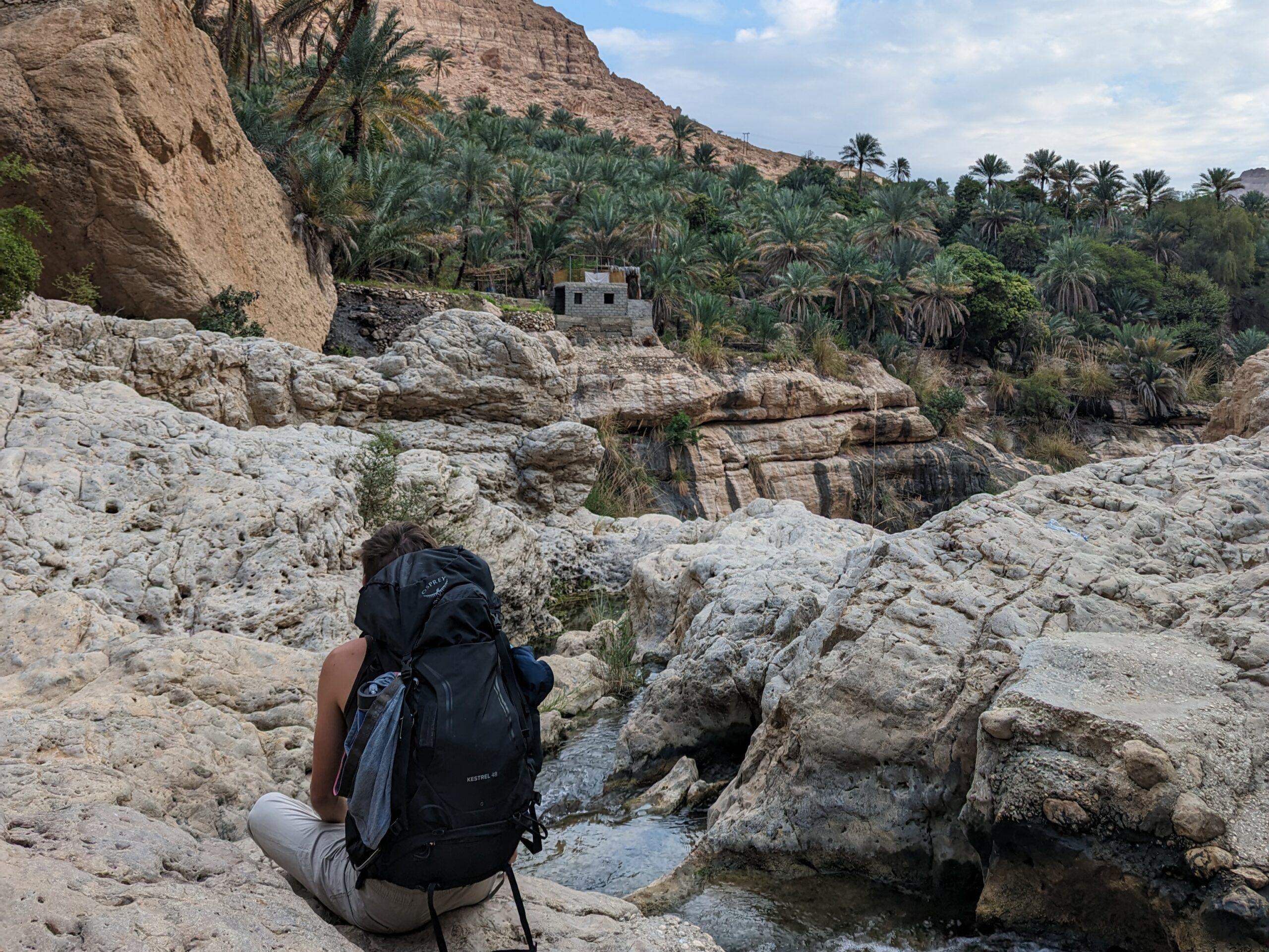
For many, traveling is an exciting and positive experience. It’s a chance to explore different countries, see amazing places, and create wonderful memories. I thought of traveling this way. However, it’s essential to recognize that traveling can also lead to burnout, a state of complete exhaustion, both mentally and emotionally. Let me share my own experience of travel burnout, focusing on the mental and emotional aspects, though the physical aspect is equally important.
How Did I Experience Travel Burnout?
My journey to burnout began when I decided to leave my full-time job and go on a seven-month travel adventure. I embraced a completely different lifestyle, hitchhiking, camping and dumpster diving. It was exciting, and I felt like I could keep going forever. However, my plans were interrupted by the COVID-19 pandemic, and I continued traveling solo through Europe for another three months after stopping to travel with my ex.
After ten months of constant travel, without a real break, I returned to my full-time job for two months before hitting the road again. I was used to hard work and pushing myself, but this time, I decided to visit five countries across three continents in just one month. Going to Lebanon, Syria, Hungary, Panama and Costa Rica. Unfortunately, things didn’t go as planned. I was trying to relive the excitement of my previous seven-month journey, but my mindset wasn’t the same. The more I forced it, the more the trip turned into a struggle.
The tipping point came when I reached Costa Rica. Nothing seemed right anymore. I couldn’t enjoy the beauty around me, feeling a strong sense of depression coming up. The one thing that used to make me happy – traveling – wasn’t doing the trick anymore. Instead, it became a distraction from the real issues in my life.
How Did I Recover from Travel Burnout?
Recovery was a slow process, and I can’t say I’m completely over it. Even while traveling now, the experiences are still in the back of my mind. When I flew home from Costa Rica, I was devastated. For weeks, I barely left the couch, feeling lost and miserable. I had hit rock bottom, and my life felt like a house of cards collapsing.
I received help from a therapist, who helped my recovery. For over six months, I refrained from traveling and stayed just in my city. My motivation for travel was gone, and I was afraid about going on a new journey. But with time, I regained some confidence.
After half a year, I had the courage for another trip, though I experienced some obstacles along the way. Yet, I took the time to explore deeper into my emotions and worked on understanding myself better.
How Can You Prevent Travel Burnout?
Taking breaks during your travels is essential. Treat traveling like work – just as you need days off from your job to recharge, give yourself some rest days during your travels. It may not always be what you want, but it’s what you need.
Reflection is also vital. Write down your experiences or simply take a moment each day to think about what you’ve done, what made you happy, what didn’t, and what you look forward to the next day. It helps to gain perspective and clarity.
Don’t hesitate to talk about your feelings with others. Communication is key, and your friends and family would much rather listen to your concerns than see you suffer. Don’t feel like a burden; open up and seek support when needed.
Always be aware that travel burnout exists. When you’re mindful of its possibility, you’ll likely be more cautious and attentive to your mental and emotional state during your travels.
In General, Know This
Travel burnout is more likely to occur if you travel at a fast pace, experience high stress, and travel continuously for extended periods. The severity and duration of burnout vary from person to person.
A Personal Note
If you’re dealing with depression or any other mental health issues, don’t escape from them by traveling. It might be tempting to use travel as a distraction, but addressing your mental well-being should be a priority. Search for professional help if necessary. There’s no shame in it, it’s a sign of strength.
I have had depression for over a decade. Don’t use travel as a cure for your problems; instead, take your mental health seriously. Working on your well-being will make you stronger, and you can truly enjoy the beauty of life and travel.
I hope no one experiences travel burnout, but we must acknowledge that it’s a real and serious issue. Let’s treat it with the sensitivity and seriousness it deserves.



